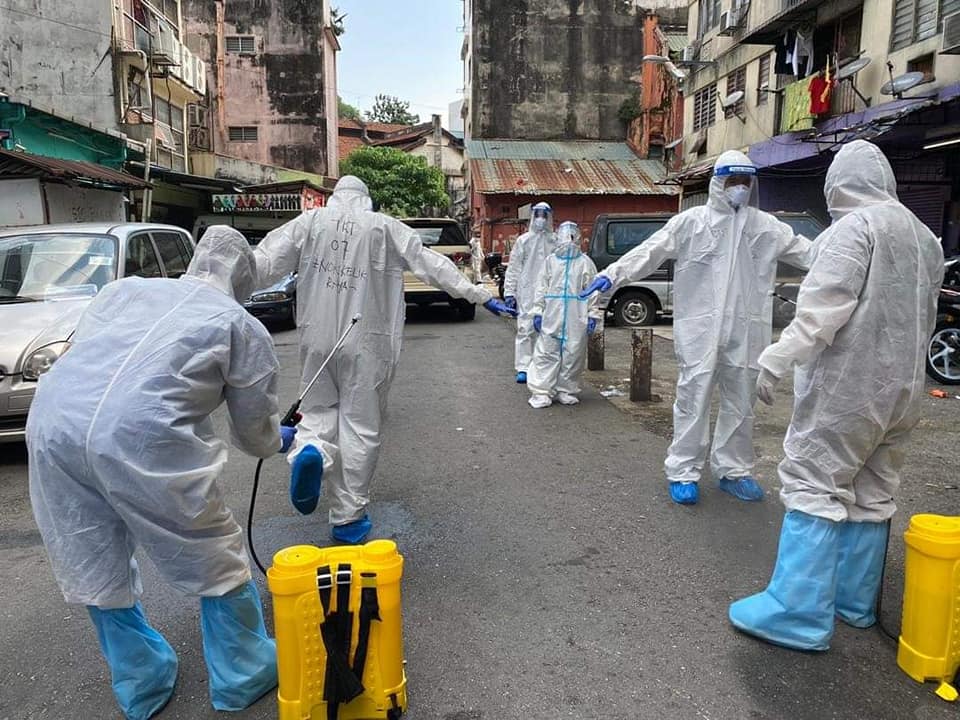KUALA LUMPUR, Nov 4 — The Covid-19 pandemic has highlighted the impact of shortages of medical workers and resources in Malaysia after years-long underfunding of the public health care system.
The Malaysian coronavirus epidemic exposed deep fault lines in the under-resourced health care system, as frontliners working overtime to the verge of breakdown face difficulty in getting their Covid-19 allowance, while expensive testing remains exclusive as the Ministry of Health (MOH) focuses on screening close contacts of positive cases instead of conducting widespread testing in the community.
MOH received about RM31 billion in Budget 2020, the third-biggest allocation under the federal budget for this year, but still falling short of 4 per cent of Malaysia’s gross domestic product (GDP) that health advocates had pushed for. The Malaysian economy, however, is forecast to contract 4 per cent this year, after strict lockdowns during the epidemic.
So, it remains to be seen how much the government will allocate MOH in Budget 2021 as it seeks to balance competing needs from citizens and businesses struggling with unemployment and drying revenue, while the global pandemic is expected to continue well into next year.
For Budget 2021, health experts have asked for more government funds to hire additional permanent health workers, tax deductions for pharmacists and general practitioners (GPs), and an increase in fees at public clinics and hospitals.
CodeBlue interviewed health experts from different groups to share their wishlist in terms of health care for Budget 2021 that is scheduled to be tabled at the Dewan Rakyat on November 6.
Contract Extensions For Medical Officers
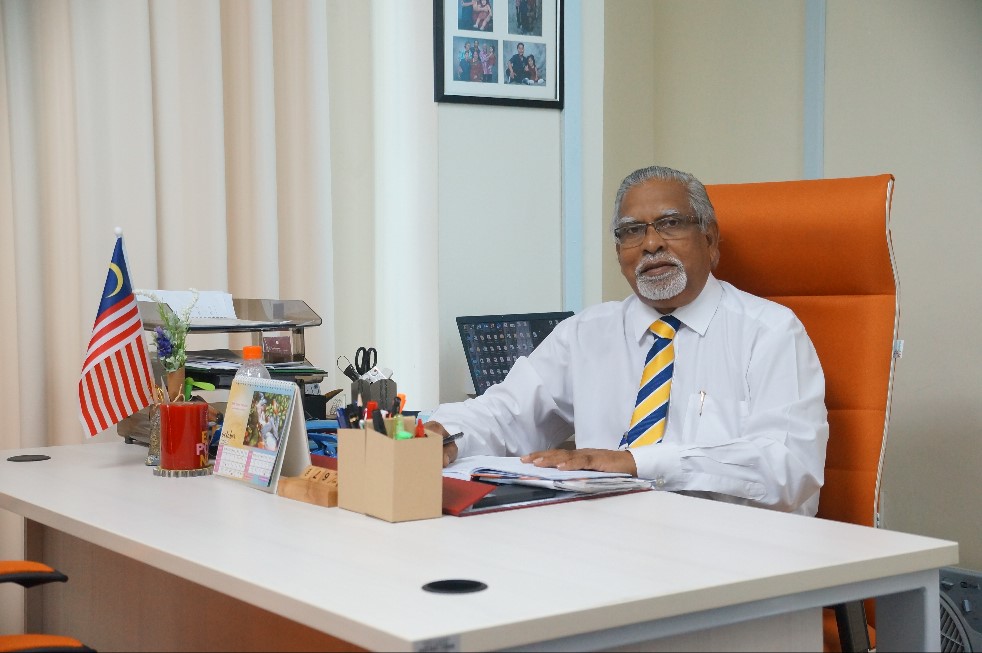
Malaysian Medical Association (MMA) president Dr Subramaniam Muniandy, in his wishlist for Budget 2021, has asked the government to extend the contract for medical officers by 10 years to allow them to pursue their masters to become a specialist.
“In the long term, investing in homegrown specialists would save the government on expenditure as there will be no need to hire from abroad, if the country is faced with shortages in specialists in the future,” Dr Subramaniam said in a statement.
Currently, doctors who complete their housemanship are only given a two-year contract for their compulsory service as a medical officer with no further extension of their contract. It is to be noted that contract doctors are not eligible to apply for any local masters programme.
MMA has also urged MOH to increase the number of health care staff right from doctors, medical assistants, nurses, health attendants, medical lab tech, and all support staff in government health clinics or commonly known as, Klinik Kesihatan, if they want to implement a shift system in those clinics.
MOH had implemented the shift system in a few government health clinics to reduce congestion and to aid in adhering to the new Covid-19 norms.
However, many medical groups have gone against the shift system and urged the ministry to first increase their manpower before implementing the shift system as it will lead to burnouts which eventually could risk the safety of the patients. The two shifts for staff will be from 8am to 5pm and 12.30pm to 9.30pm.
Furthermore, MMA suggested for the government to increase the registration fee per patient visit in public health facilities from RM1 to anywhere between RM2 and RM5 to increase the ministry’s annual revenue.
Dr Subramniam said government clinics and hospitals had 77 million patients visits in 2018 alone, compared to 10 years earlier when MOH only had 17 million visits.
“An increment in the registration fee for patients is surely due and based on 77 million patient visits, there is also a possibility of gaining an income of anything from between RM154 million to RM385 million.”
Dr Subramaniam Muniandy, president of the Malaysian Medical Association
As MOH mentioned in 2017 that the cost of health care has doubled in the past 17 years, MMA said an increment in registration fees will help the public health care system to be more sustainable.
Higher Tax Rebates For GPs
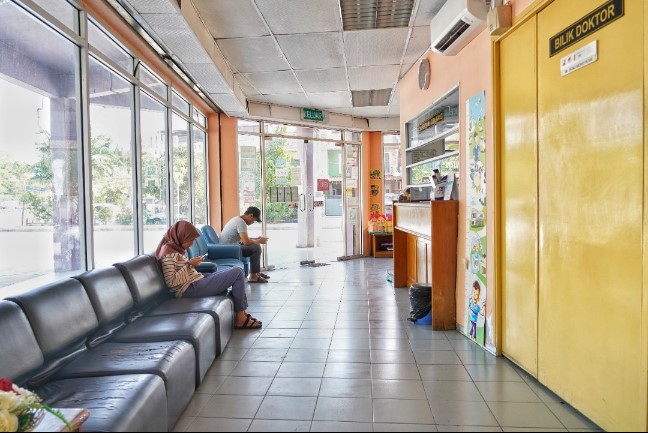
According to the president of MMA, many private GPs have been affected by the coronavirus pandemic and about 200 clinics were expected to close by the end of 2020.
In the upcoming Budget, MMA wants the government to give tax rebates for the year 2020 of up to 50 per cent on taxable income for all GPs.
“To ease the financial strain faced by the clinic GPs, MMA appeals to the government for lower tax rates of between one to two per cent, subsidies for purchases of personal protective equipment (PPE) (facemasks, gloves etc), tax deductible expenses and donations for Covid-19 with proof of receipt, tax rebates for clinic expansion, renovation and equipment used for Covid-19 screening etc, and tax exemption for medical indemnity insurance,” the MMA president said.
The president of MMA also stated that the government should make internet subscriptions tax-free for doctors and other public service-oriented professionals to encourage digitalisation for doctors in Malaysia.
Dr Subramaniam pointed out that MOH should closely engage with GPs and recognise them as an extension of the public health service, as the 7,000 government-trained GPs across the nation see close to 70 million patients annually.
“MMA also proposes allocations for training and incentives for government primary care doctors, which includes a pilot study to transfer cases to neighbourhood GPs closer to patients, as well as allocations for general practitioners’ utilisation, not only for pandemics but also for long-term management of chronic diseases.”
Dr Subramaniam Muniandy, president of the Malaysian Medical Association
“We also propose that the government encourage government servants and pensioners without medical insurance coverage to seek treatment at private hospitals for emergency cases and surgeries, with the government reimbursing 50 per cent of the total charges.”
Furthermore, MMA hoped the government would provide free training for GPs in government hospitals as benefitted by their government counterparts.
“Cost of attending conferences and meetings, including virtual meetings (compulsory for doctors as part of Malaysian Medical Council (MMC’s requirement) should be made tax deductible,” Dr Subramaniam added.
Treat Government Patients In Private Hospitals
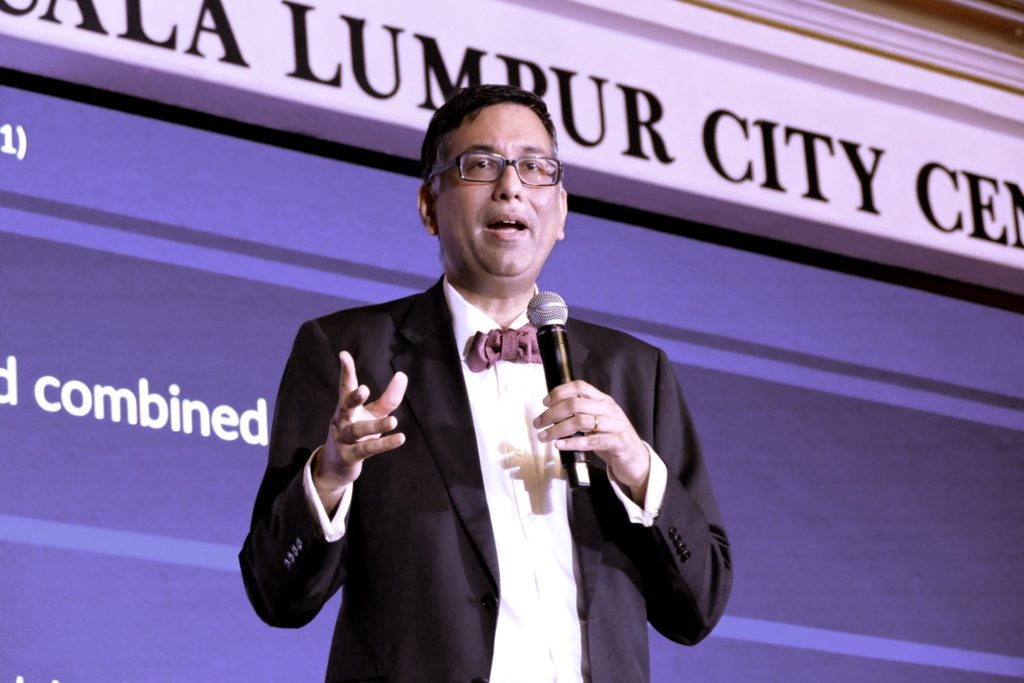
Association Of Private Hospitals of Malaysia (APHM) president Dr Kuljt Singh urged the government to provide more funding to MOH so that government hospital patients can be treated in private hospitals at an agreed cost.
“There has been some allocation for this year for this purpose but we are looking forward to more in 2021,” Dr Kuljit said.
He highlighted that private hospitals in Malaysia are well-equipped with all the latest facilities and trained specialists. Hence, the government should utilise these services to reduce the long waitlisted patients in public facilities.
“We know this will be cost effective for the government as building more facilities in public service may not help in reducing time for patients to receive treatment.”
Dr Kuljit Singh, president of the Association of Private Hospitals of Malaysia
“Lets conserve tax payers money in building newer facilities but utilise what is already available in the private hospitals,” Dr Kuljit stressed.
The president of APHM also pointed out that while the containment and treatment of coronavirus is important and is the main agenda for all health care providers, non-Covid-19 conditions are also equally important.
Raise Health Allocation To RM36 Billion
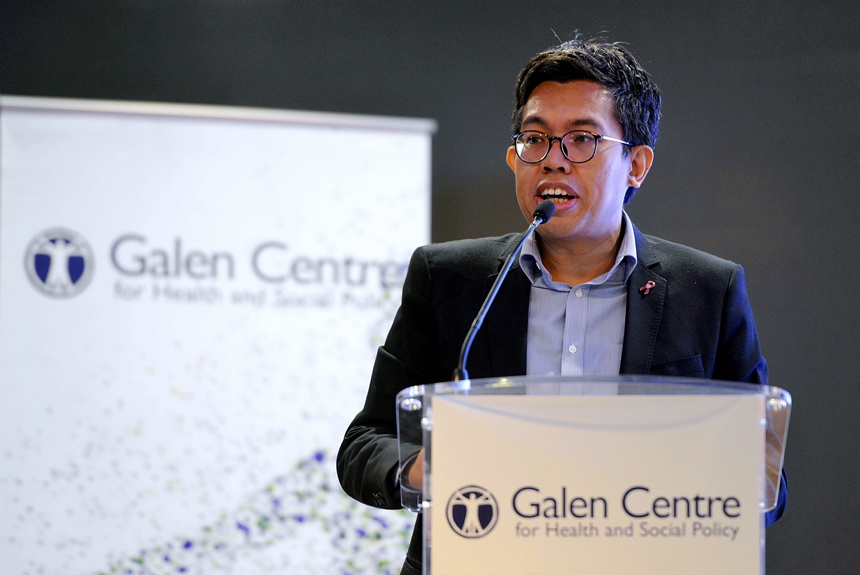
Galen Centre for Health and Social Policy head Azrul Mohd Khalib wants a bigger health allocation for Budget 2021.
The Galen Centre hoped to see an increase in the budget allocation for health by at least RM4 billion to RM6 billion compared to the previous year, possibly up to RM35 billion to RM36 billion for MOH’s overall budget.
“Due to the expected decrease in projected GDP for 2021, this allocation should not be tied to GDP percentage.”
Azrul Mohd Khalib, CEO of the Galen Centre for Health and Social Policy
“The amount would be inclusive of the need to purchase Covid-19 vaccines in 2021 when they become available.”
The Minister of Science, Technology, and Innovation (MOSTI), Khairy Jamaluddin, previously told a virtual interview with The Star that the government intends to give the first round of Covid-19 vaccines to frontliners, followed by the most vulnerable.
Khairy during the same interview said that he has asked the Finance Minister to set aside a few billion ringgit to procure a Covid-19 vaccine. However, it is unclear if the allocation of the vaccine will be under MOH or MOSTI.
Tackle NCDs, Improve Health Literacy
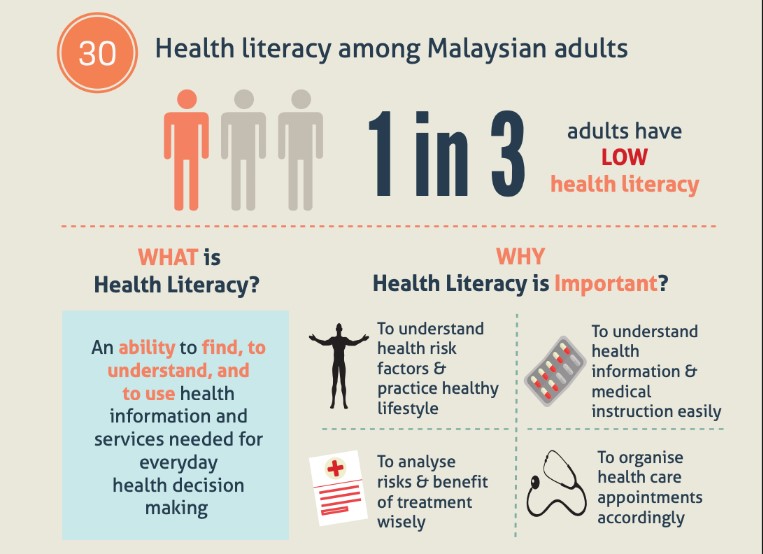
While Covid-19 has been the main priority of the government, Azrul stressed that non-communicable diseases (NCDs) should not be forgotten.
He suggested for new fundings to be channelled into dealing and responding to cancer, diabetes, cardiovascular diseases, as well as the consequences of malnutrition.
“Due to Covid-19 and the restrictive interventions and lockdowns, such as the Movement Control Order, Conditional Movement Control Order, and Enhanced Movement Control Order, the incidences of various NCDs have and are expected to worsen and increase.”
Azrul Mohd Khalib, CEO of the Galen Centre for Health and Social Policy
He stressed that the government should invest in preventive measures and curative interventions to address the rising number of NCDs, particularly in improving health literacy.
“We need people to be healthy, be responsible for their own health and invest in their own wellbeing to prevent the onset of non-communicable diseases and be better prepared for medical emergencies such as catastrophic injuries,” Azrul told CodeBlue.
Separate Health Care Funding For East Malaysia
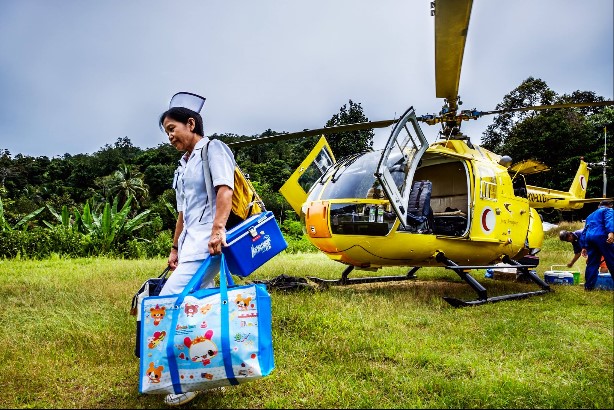
Azrul pointed out that for Budget 2021, the government should also identify a clear and separate funded plan for health care in Sabah and Sarawak. Sabah is the current Covid-19 epicentre in Malaysia during the third wave of the epidemic.
According to Azrul, many long-standing essential issues such as maternal health service coverage and even primary care have remained woefully inadequate in East Malaysia.
“The Covid-19 outbreak in East Malaysia, especially in Sabah, has highlighted the state of health care in these two states which continue to need urgent attention and investment by the government.”
Seed Funding For Cancer Treatment Co-Payments
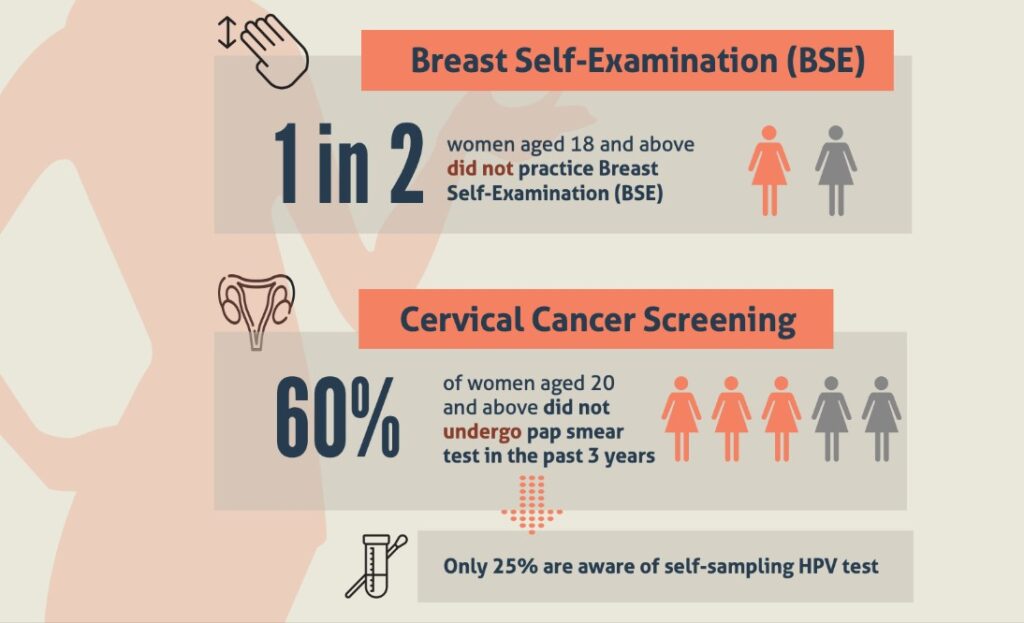
The head of the Galen Centre also urged MOH to revise existing regulations which cause patients being referred from the private sector and university hospitals to government hospitals to be charged with First Class fees.
“The Fees (Medical) (Amendment) Order 2017 should be reversed. Patients, regardless of where they’re referred from, private or public, should have the option to pay for whichever class of treatment they want,” Azrul said.
Cancer groups have previously highlighted that cancer patients with a small amount of money usually opt to get their surgery done in private hospitals due to the long waiting time in government hospitals, but when they switch to a government hospital for their remaining treatment, they are forced to pay First Class fees.
The Galen Centre suggested for the government to establish RM50 million in seed funding for cancer treatment financing to encourage the private sector to make ringgit-to-ringgit contributions with the State.
“This could be a form of public-private-patient partnership where the government, private sector and patient co-pay for cancer treatment to increase the availability and quality of existing cancer treatment, particularly those with advanced cancers.”
Azrul Mohd Khalib, CEO of the Galen Centre for Health and Social Policy
The Galen Centre also called on the Ministry of Education and Ministry of Women, Family and Community Development to give more emphasis and to allocate funds for sexual reproductive health education education programmes to help tackle teenage pregnancies and the increase in cases of sexually transmitted diseases.
Tax Relief For Pharmacists
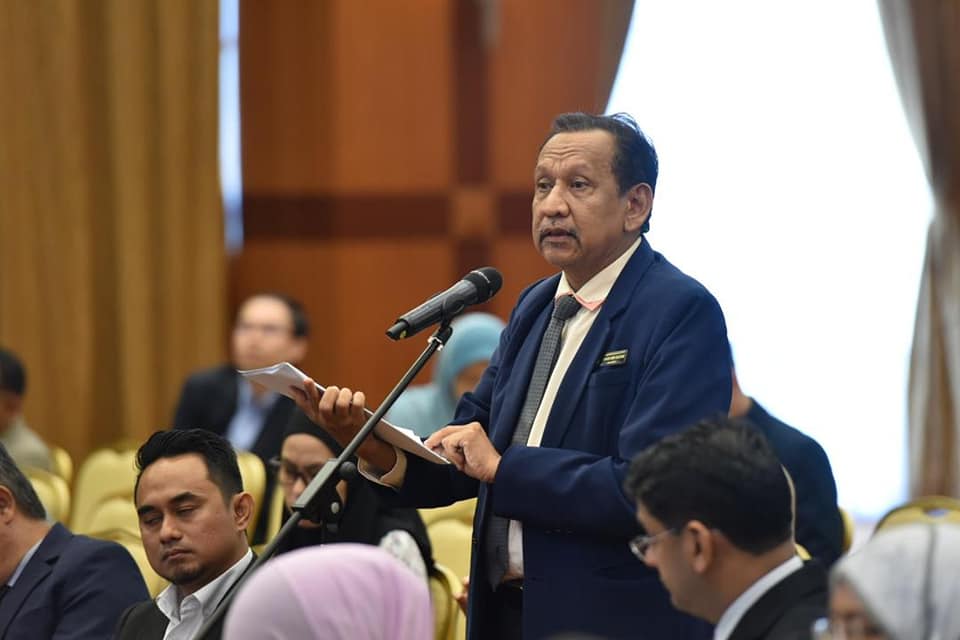
Malaysian Pharmaceutical Society (MPS) president Amrahi Buang wishes for tax reduction or relief for the upcoming budget in various aspects as below:
• Tax reduction for donations to professional bodies such as MPS.
• Tax reduction for continuous professional development points (CPD).
• Tax reduction for renewal of Annual Retention Certificate.
• Tax reduction for type A Poisons Licence.
Amrahi has also suggested that the government initiate a “professional development fund” for young pharmacists and to give subsidies for professional development programmes.
The president of the pharmacists’ group also asked for incentives to be given to frontliners, including pharmacists, for the Covid-19 pandemic.
“Give free personal protective equipment to pharmacists as frontliners and last line of defence,” Amrahi said.
He also said that pharmacists should be given free Covid-19 vaccines when one is made available as they are also frontliners.


